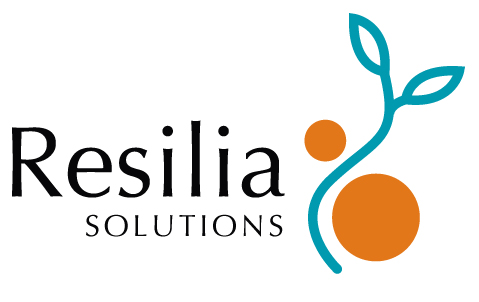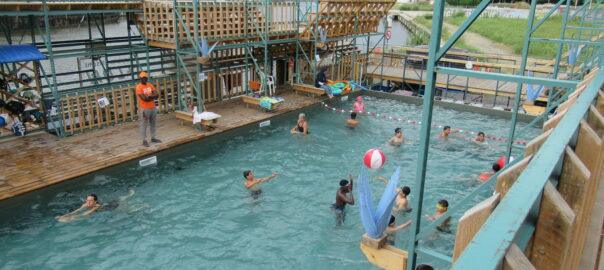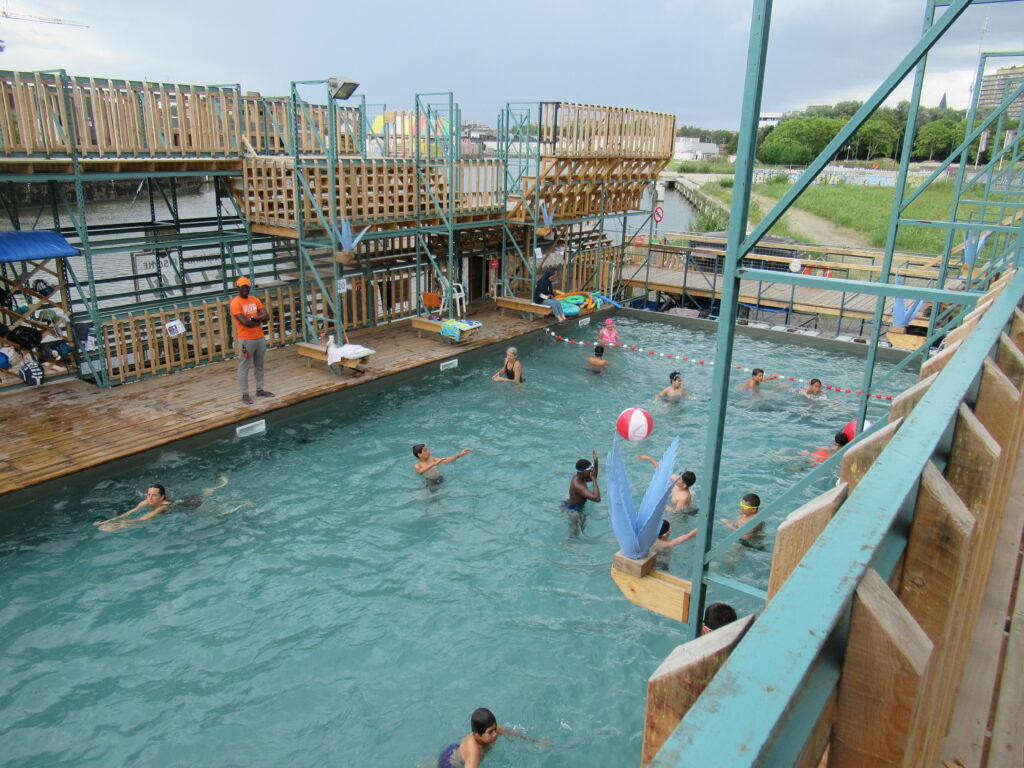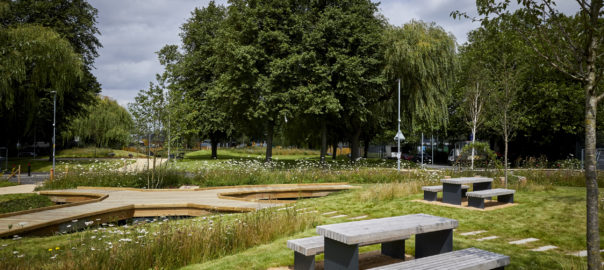Bringing EU and local policies closer to each other.
URBACT has been a strong supporter of local and sustainable food production in cities. The programme backed-up the 2021 Glasgow Food Declaration, reinforcing the COP26 commitments of local authorities. This is merely an example of how URBACT cities are using international and European frameworks as enablers for local actions, to promote sustainable food systems.
At the same time, legislative frameworks can also be perceived as barriers by city-practitioners. European towns and cities need to learn to navigate initiatives such as the Farm to Fork Strategy, not to mention complex regulations related to public procurement. So how can they make the most of these rules and commitments, ensuring a positive transition towards more sustainable food systems? This was the issue explored by city representatives and experts at the recent 2022 URBACT City Festival session ‘Let’s talk about food: bringing EU and local policies closer to each other’. Read on for their answers…
Continue reading






